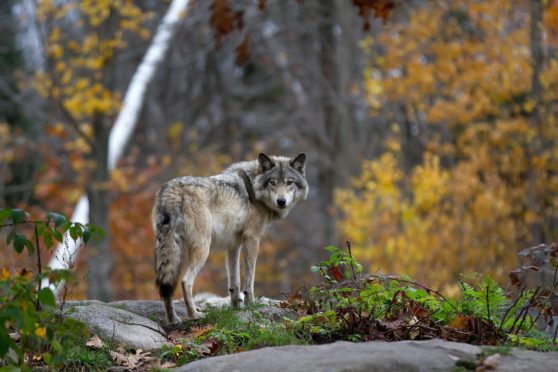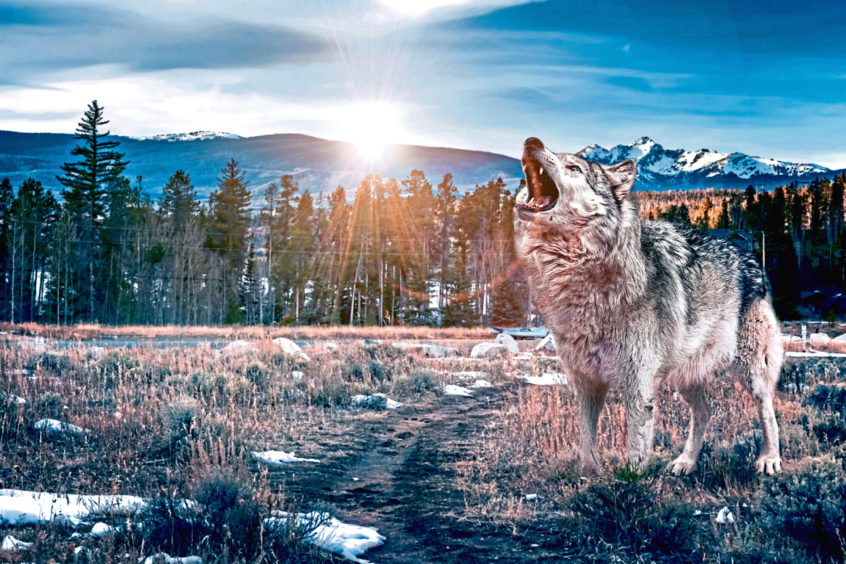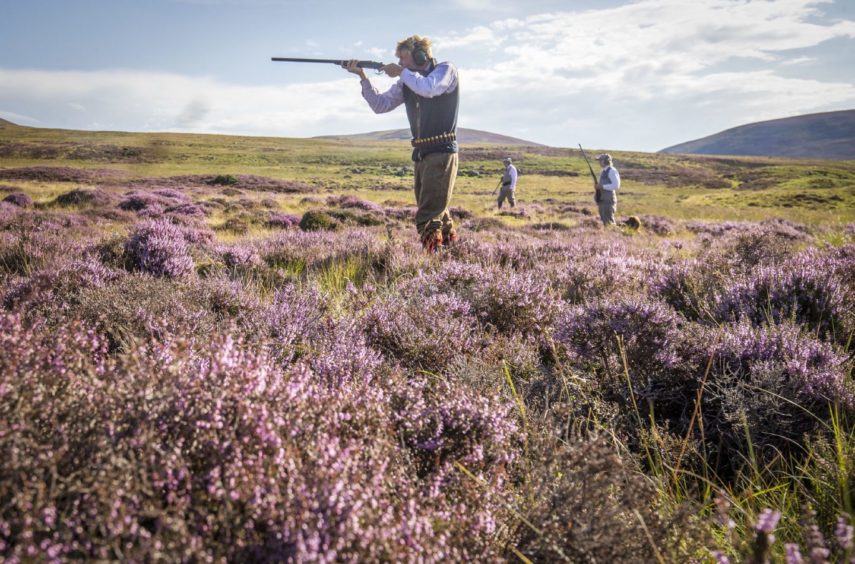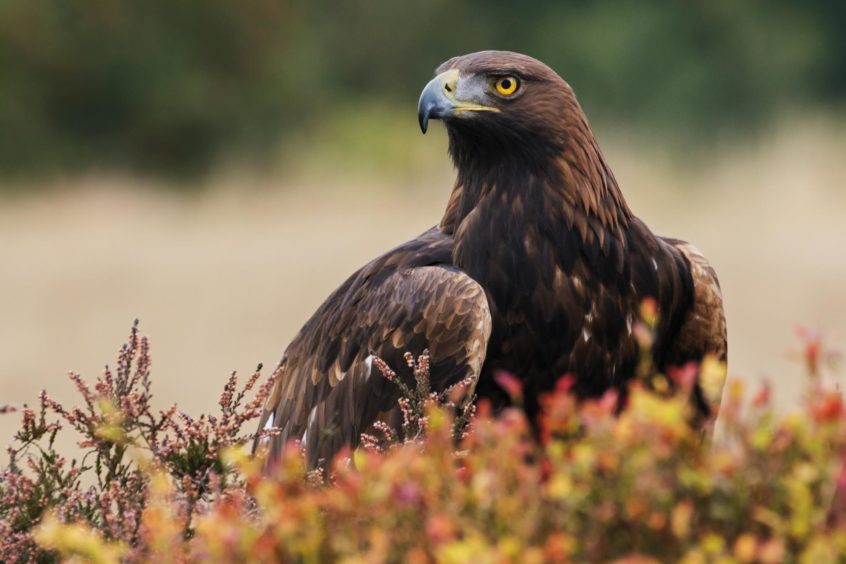Every time I hear about the advance of wolves all across mainland Europe, I despair at the foot-dragging indifference of my own country.
I’m not talking about the wolves of history books and fairy stories but those in 21st century eye-witness accounts from Norway and Sweden to Spain and Portugal, and from wolf strongholds like Poland and Bulgaria to new and unlikely coastal encroachments in Belgium, the Netherlands and Denmark.
The news from mainland Europe is that the Spanish Government has just announced a ban on hunting wolves in the north-west of Spain. A ban across the rest of the country already exists but this new area is home to 90% of Spain’s wolves.
The decision honours one of the fundamentals of nature conservation: protect the strongholds and let the protected creatures feed out from there naturally.
Spain’s enlightened example should give us encouragement. Its government is unafraid to take drastic action on behalf of nature when circumstances cry out for it.
Lynx effect shows just what can be achieved
A crisis facing the Iberian lynx was resolved when the government requisitioned land to establish a national park with the specific purpose of saving the species, effectively creating a stronghold that did not previously exist by gathering together the scattered remnants of a relict population. The species has begun to prosper.
It’s not rocket science. It is however that infinitely more complex and responsive science we call biology.
In much the same way, right here, right now, Scotland cries out for wolves. We wiped them out, somewhere around the end of the 18th century.
All last wolf stories are just that – stories, part of a story-telling tradition that has endured 2000 years and spread effortlessly westward with Christianity. Christ was the Good Shepherd, the people were his flock, the wolf was a problem for the shepherd and therefore the agent of the Devil. Simple. But biologically, it’s nonsense.
Time to make room for a proper top predator?
Ever since the last wolf died – and almost certainly it was not killed by people but rather it was old and alone and as far away as it could get from humankind – the land and all its creatures have been increasingly impoverished, a process that goes on to this day.
The wolf is the supreme top predator in a northern hemisphere country like ours. It’s the one that makes the rules and ensures that its presence benefits every other species in the food chain.
Without a top predator, there is only a kind of chaos. We like to think we are the top predator, but the state of our landscape is eloquent testimony to our appalling incompetence in the role.
With wolves in place, the deer forest and the grouse moor would not exist, and men with guns would be no-one’s idea of land management. A land without gamekeepers is a much more desirable state of affairs than a land without wolves.
Something in my character craves old simplicities. When I walk alone in wild places, I often wonder just how much my species has lost in its relationship with nature’s other tribes, and how much of what’s lost might be retrieved. Sometimes it feels as if I am trying to repair an old and broken connection, like a bridge between landscapes. We broke it when we exterminated the wolf.
I feel the wolves’ absence … their reach is all-encompassing
Again and again, walking these wolfless mountains and all-but-treeless forests, I feel the wolves’ absence, or rather, I feel the elusive nature of their old presence, for no landscape that has sustained wolves ever loses completely the imprint of their reign. And they do reign. Their reach is all-encompassing.
As things stand, the golden eagle is the predator in chief, along with its reintroduced kin, the white-tailed eagle, but it is simply not predator enough. No bird is. Its impact on those two wreckers of Scotland’s natural inheritance, the deer and the sheep, is so small as to be insignificant.
And the men with guns, who believe utterly in their inalienable right to decide which species should live and die, stand in the way of anything like a thoughtful approach to a future in which the reintroduced wolf teaches all of us who are willing to learn the essential wisdom that lies at the heart of true wildness.
Two voices from north-west Spain, both small farmers:
Fernando, with his 21 mastiff dogs to protect his 120 cows:
“The wolf is good for us. They clean up nature. They eat dead animals that would otherwise increase the risk of infection for livestock. The wolf is the intermediary between wild and domestic animals. I’d rather be ruined paying for expensive dogs than feeding cows to wolves.”
And Lara with her 650 sheep:
“A farmer who takes care of his flock does not have to fear the wolf. Some want to hunt them because they don’t want to spend the money, others because they haven’t changed their ways in 40 years.”
Make that 200 years. Scottish gamekeeping instinct is Victorian. Yet neither our government nor even mainstream conservation has a word to stay about wolf reintroduction. What they fear is the fruits of propaganda born and weaned at the end of a gun.
It seems they know better in Spain.













